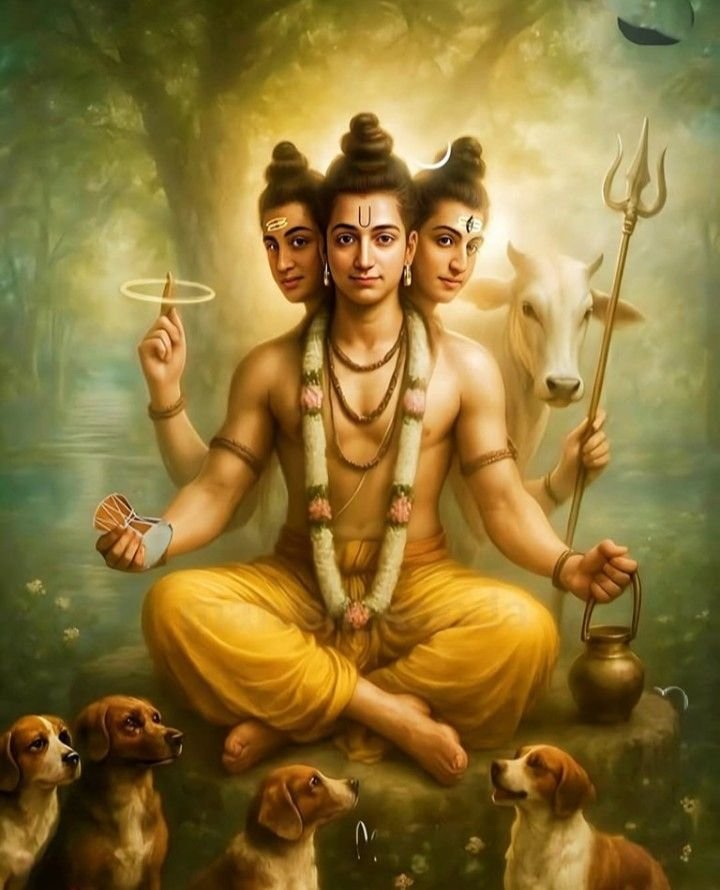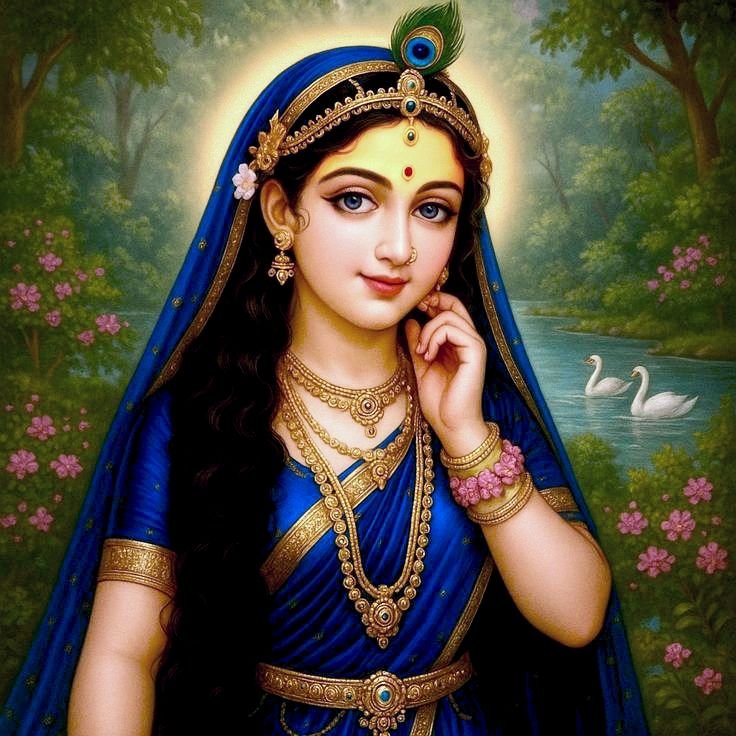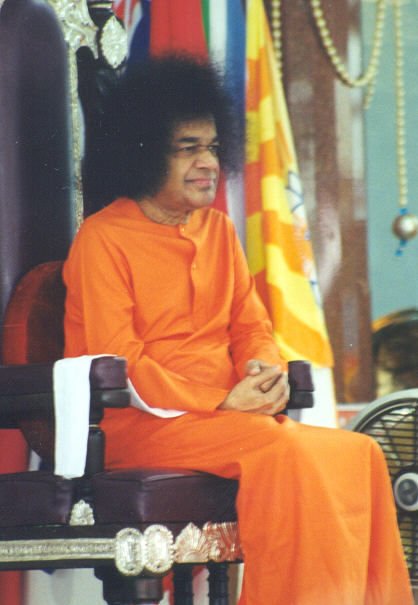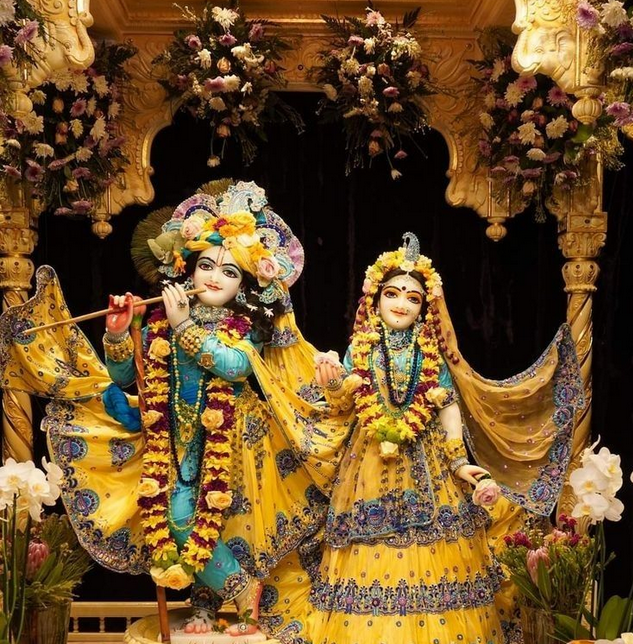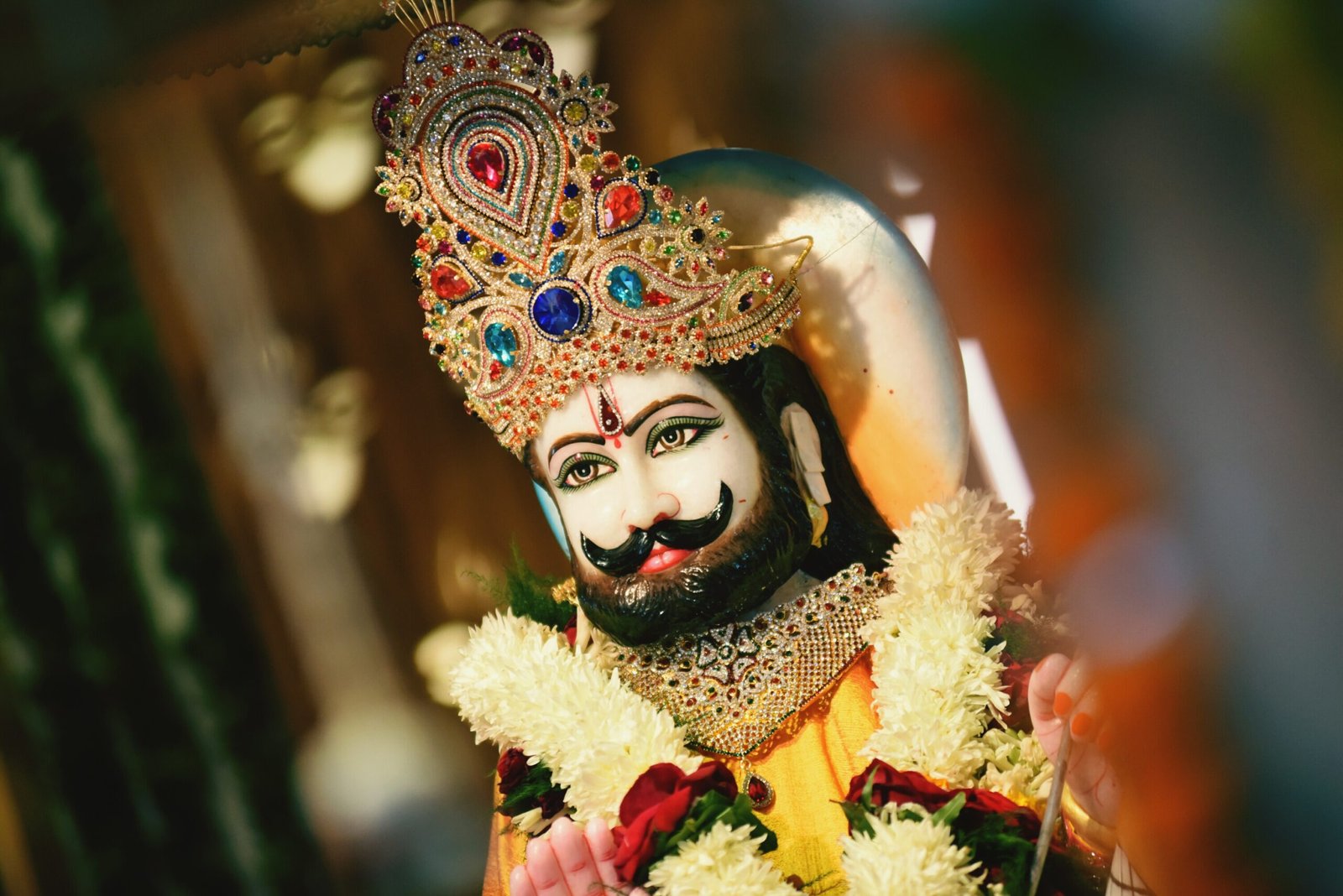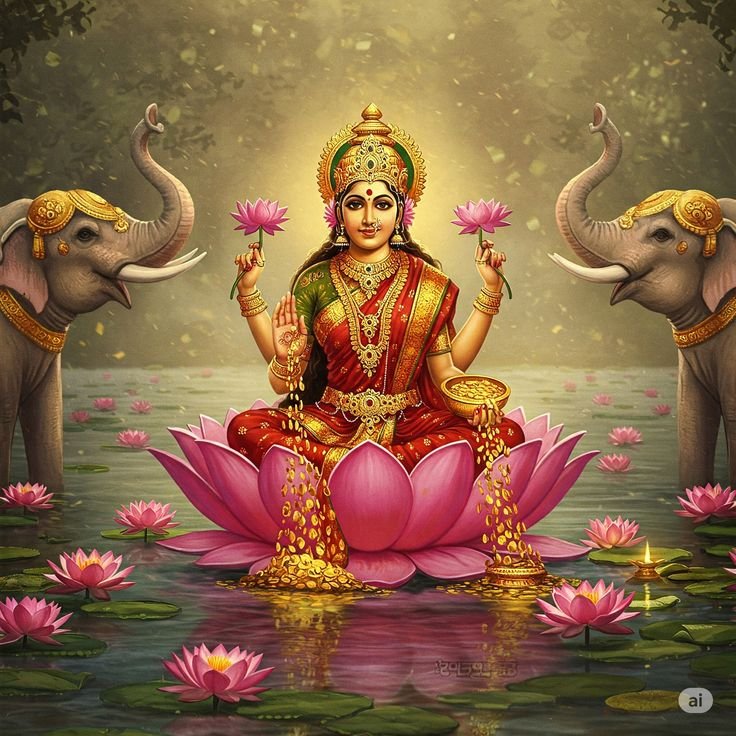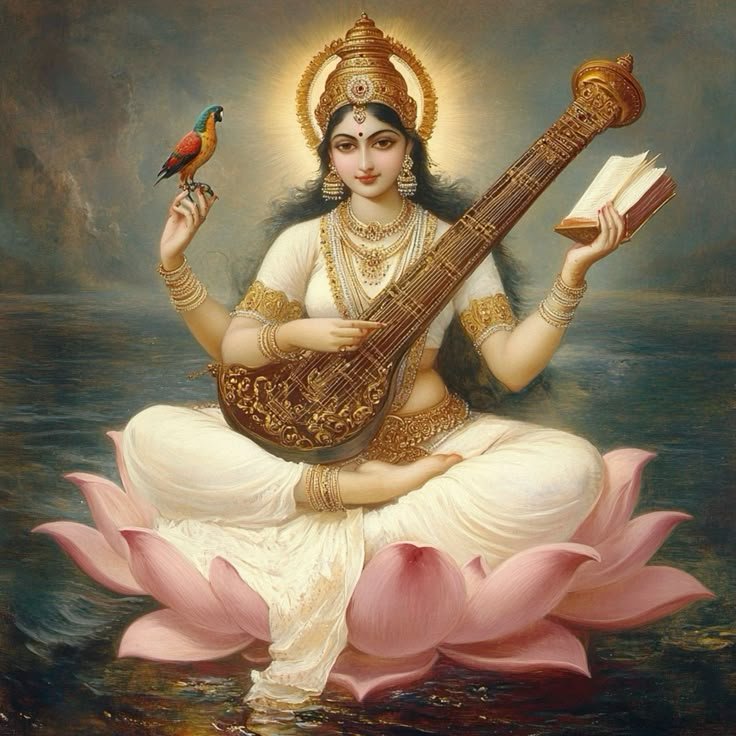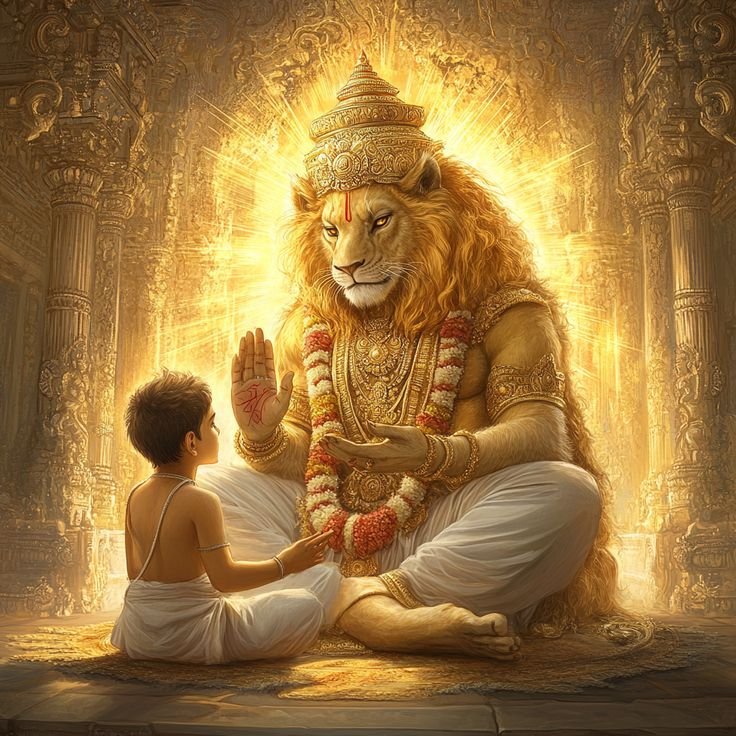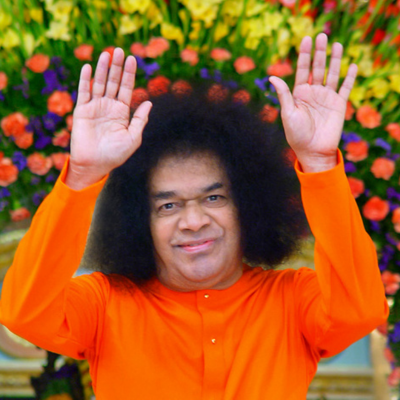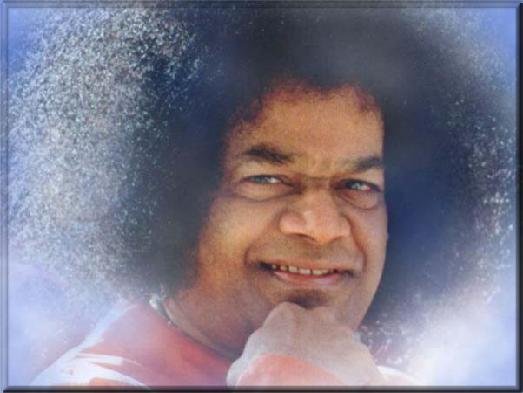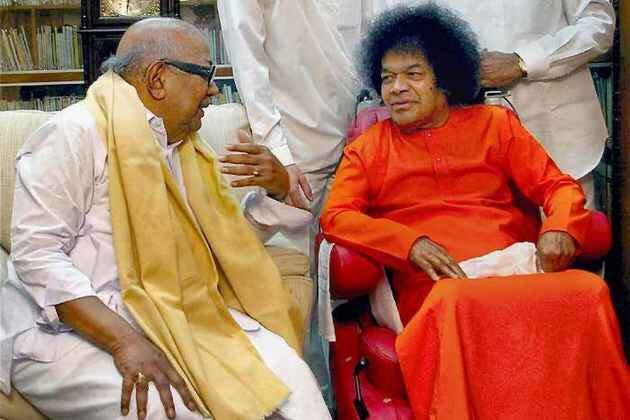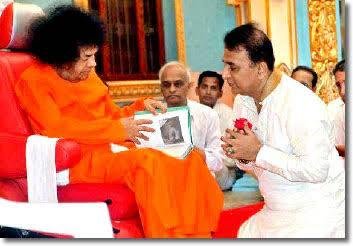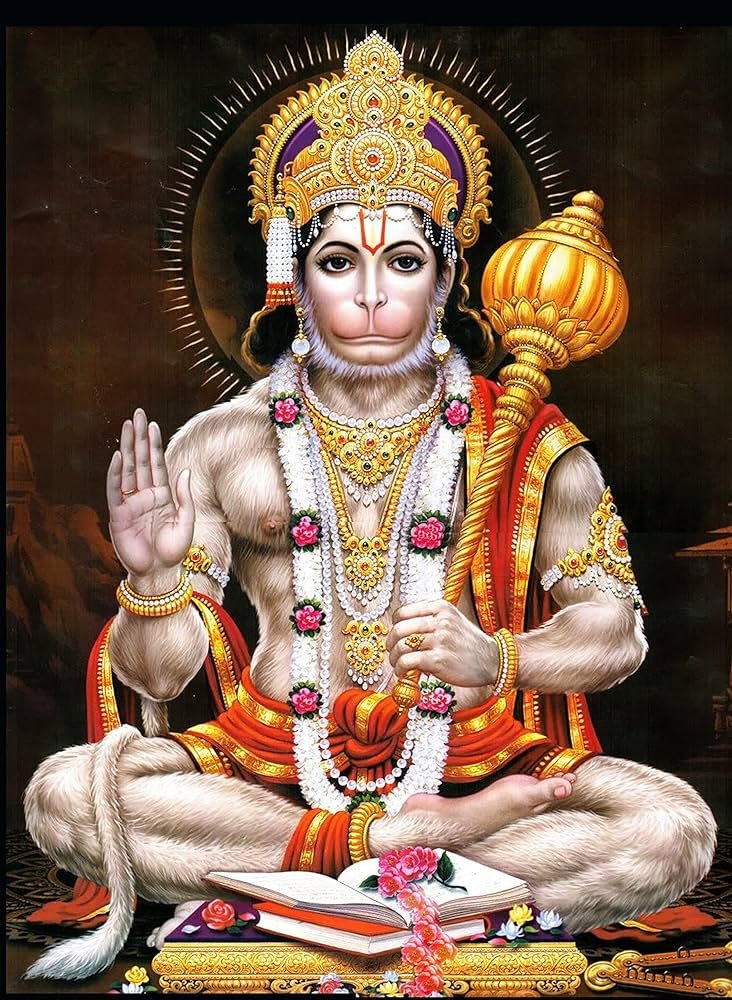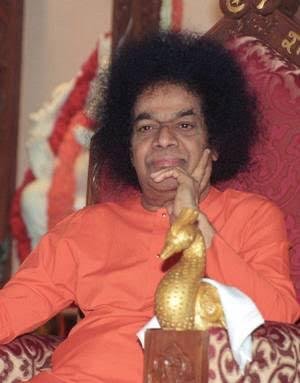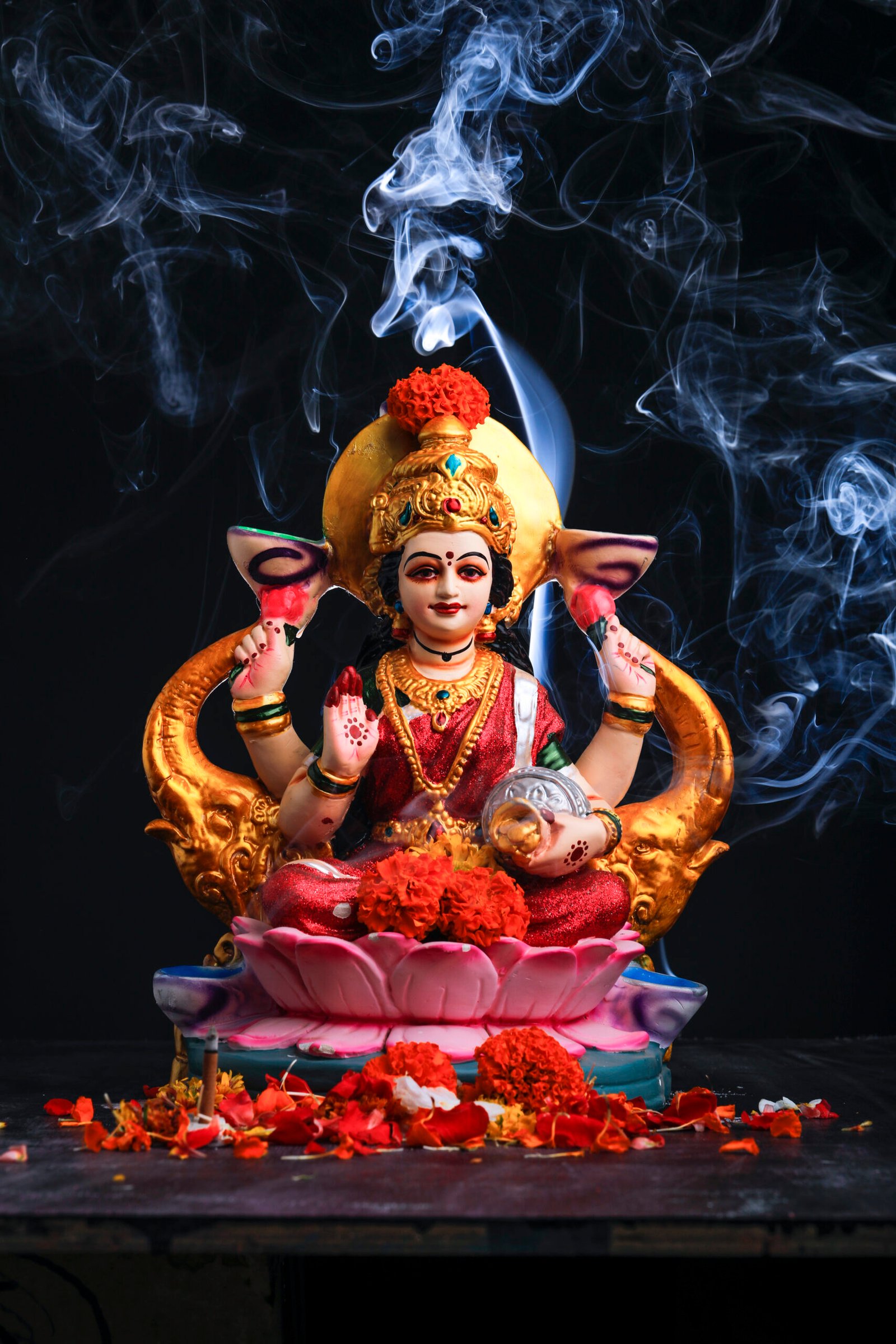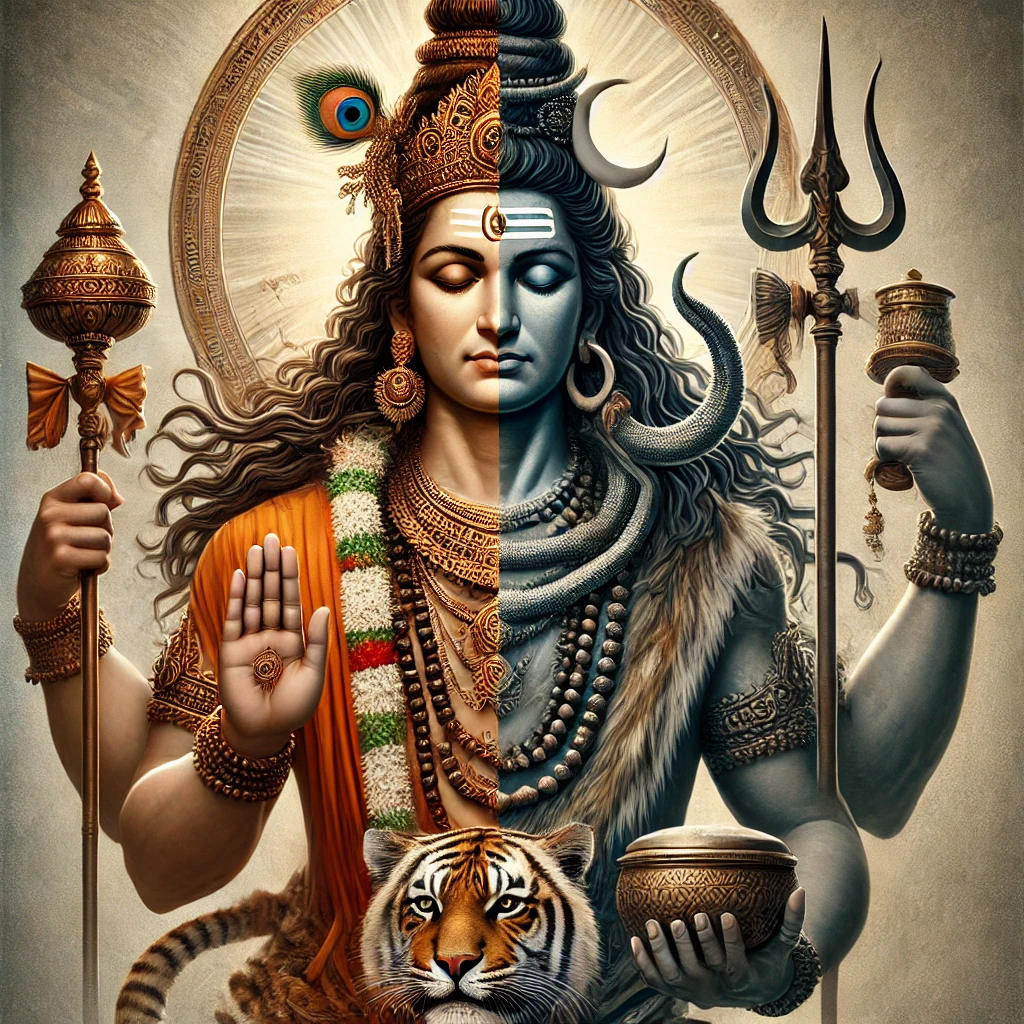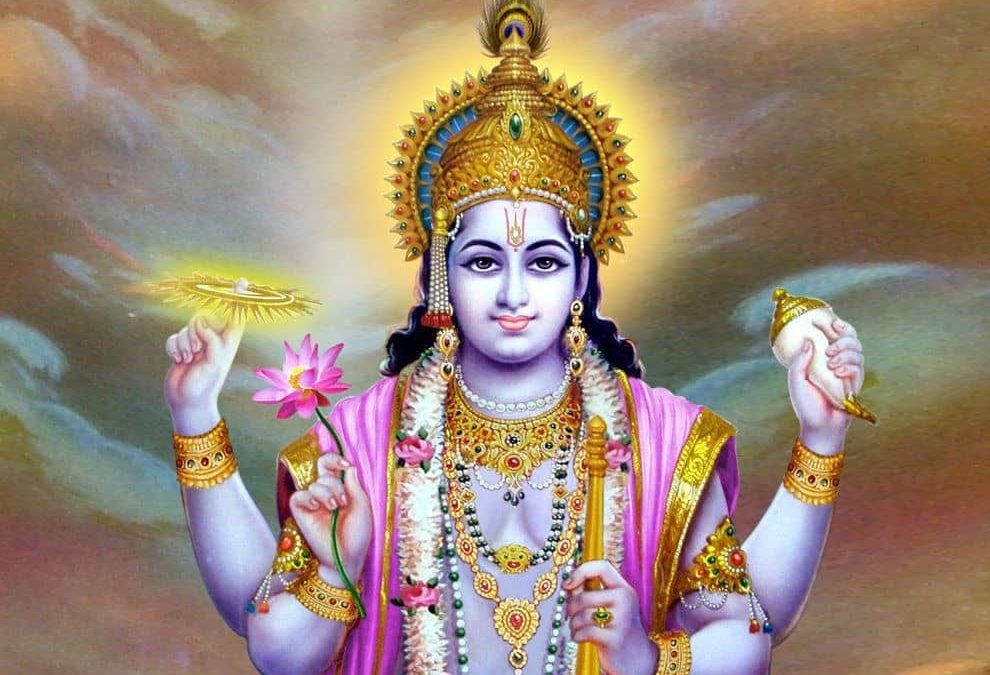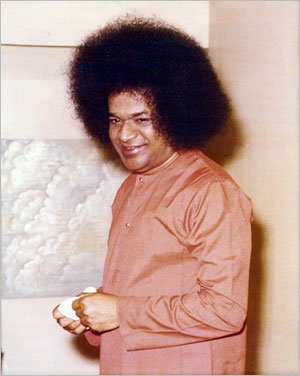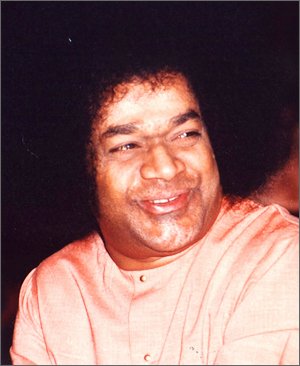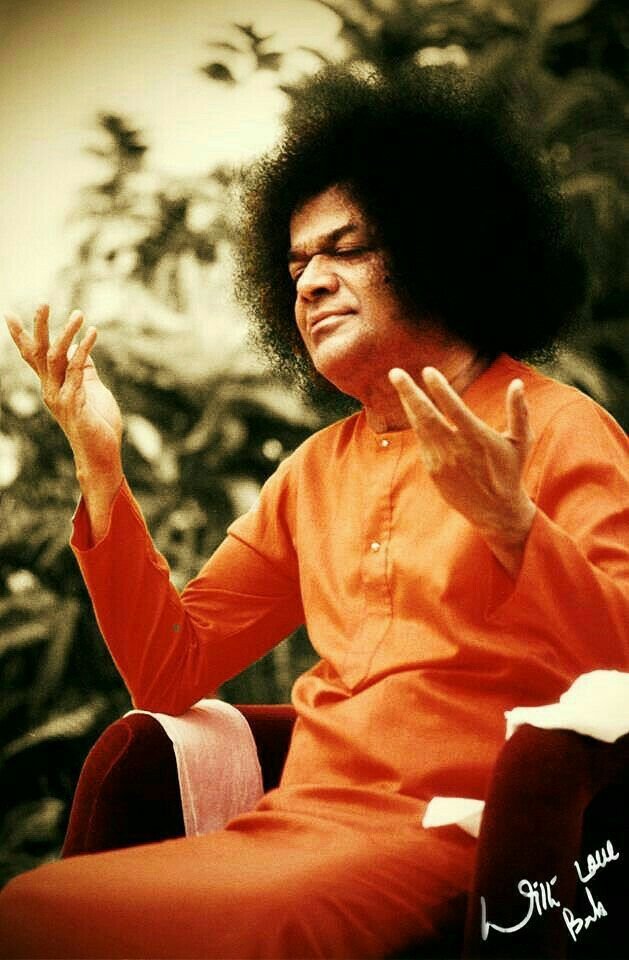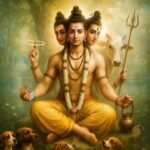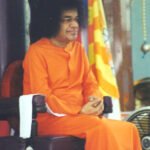Prauda anubhuti Book
Prauda anubhuti
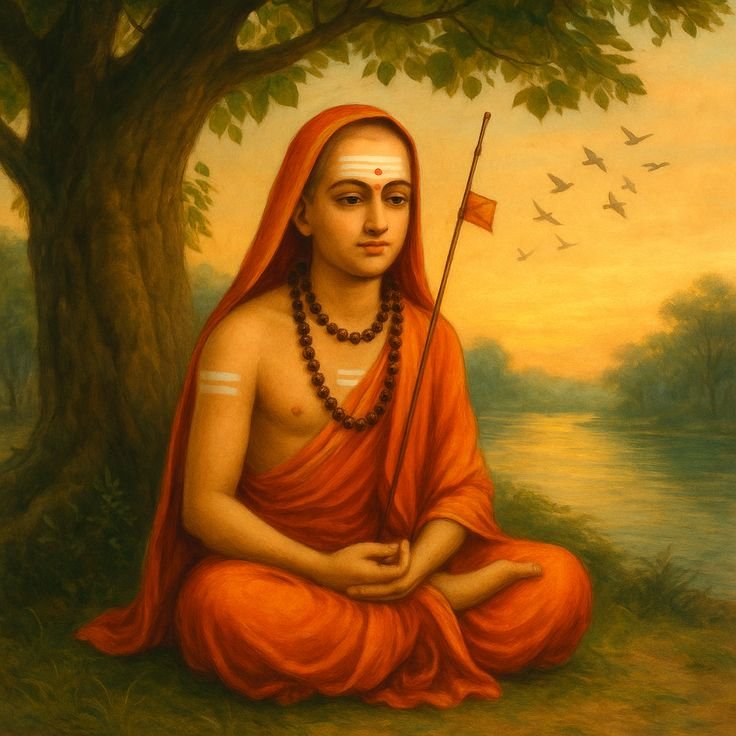
Prāuḍa-Anubhūti is a Sanskrit term that can be translated as “mature experience” or “deep realization.” In the context of Indian philosophy and spirituality—particularly in Advaita Vedānta—it refers to a firm, unshakable realization of the Self (Ātman) as non-different from Brahman, the infinite, non-dual reality. While many seekers may gain intellectual knowledge or temporary glimpses of spiritual truth, Prāuḍa-Anubhūti refers to a ripened, stable, and transformative experience of the Truth that leads to complete liberation (mokṣa).
In Advaita Vedānta, three stages of knowledge are often discussed: śravaṇa (listening to the teachings), manana (reflecting on them), and nididhyāsana (deep contemplation or meditation). Through these, a seeker gradually removes doubts and false identifications. However, the final stage is anubhūti, direct realization. When this realization becomes unwavering and continuous, free from distractions and doubts, it is called prāuḍa-anubhūti—mature realization. It is no longer just a mystical experience or passing insight; it becomes the seeker’s abiding inner state.
This deep realization reveals that the individual self (jīva) was never truly separate from Brahman. One no longer just believes or understands that “I am Brahman” (Aham Brahmāsmi), but lives in that awareness naturally, effortlessly. The illusion of individuality (ahaṅkāra, or ego) dissolves completely, and one sees the world not as separate entities but as appearances within one indivisible consciousness. This state is beyond intellectual comprehension—it is the natural state of the Self, which was always present but previously hidden by ignorance (avidyā).
Prāuḍa-anubhūti is marked by inner stillness, fearlessness, and freedom from attachment, desire, and sorrow. Since the person knows without doubt that they are not the body, mind, or emotions, but the infinite, eternal awareness, worldly events no longer disturb their peace. This does not mean the person becomes inactive or indifferent, but that their actions flow spontaneously from inner clarity and compassion, free from selfish motives. The Bhagavad Gītā describes such a realized person as a sthita-prajña, one with steady wisdom.
In spiritual literature, this state is often described using metaphors: like the sky untouched by clouds, or the ocean unaffected by waves. Saints like Adi Shankaracharya, Ramana Maharshi, and Sri Ramakrishna have spoken about this realization not as something to be attained in the future, but as the recognition of what is always present—our true nature.


